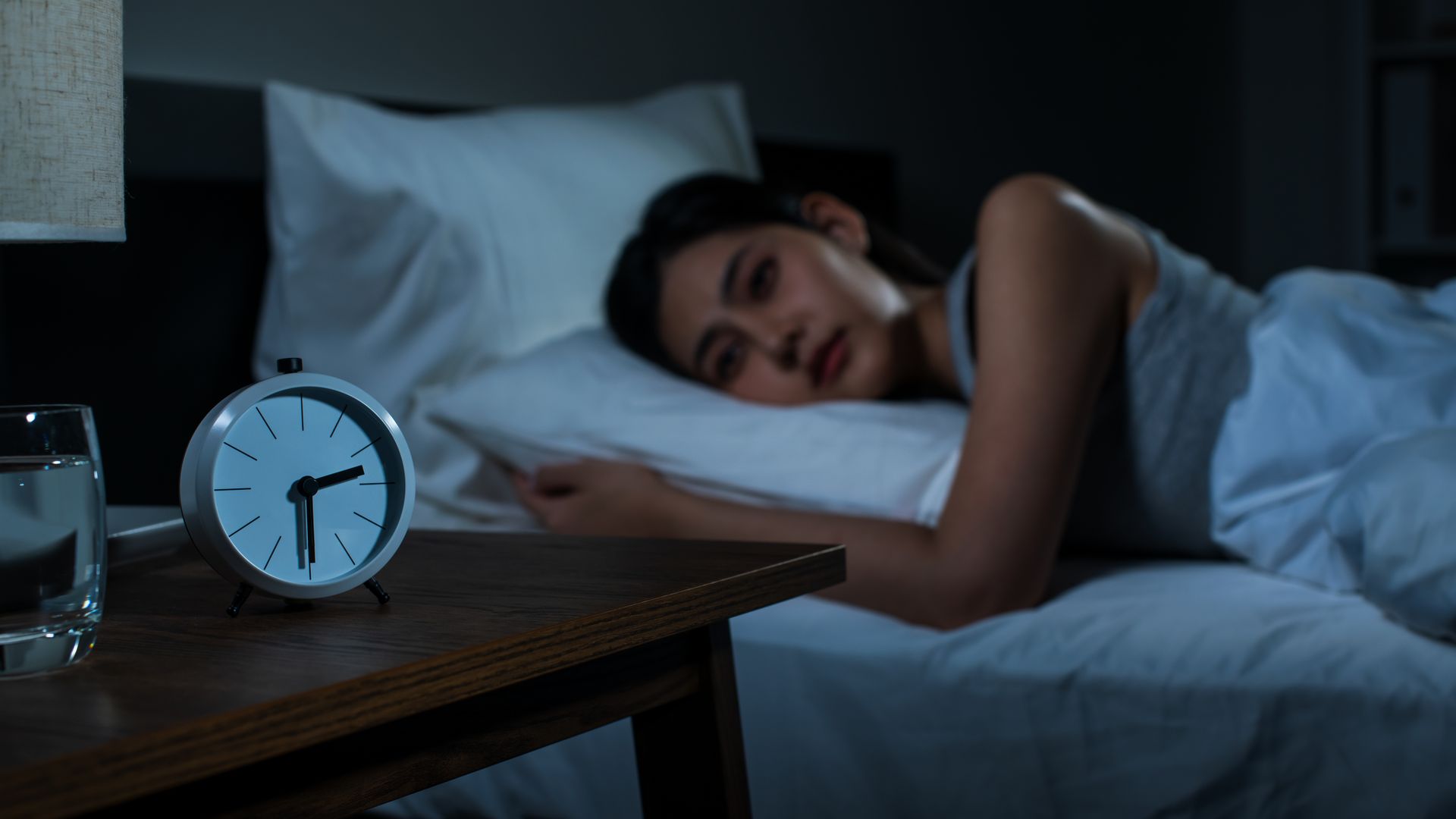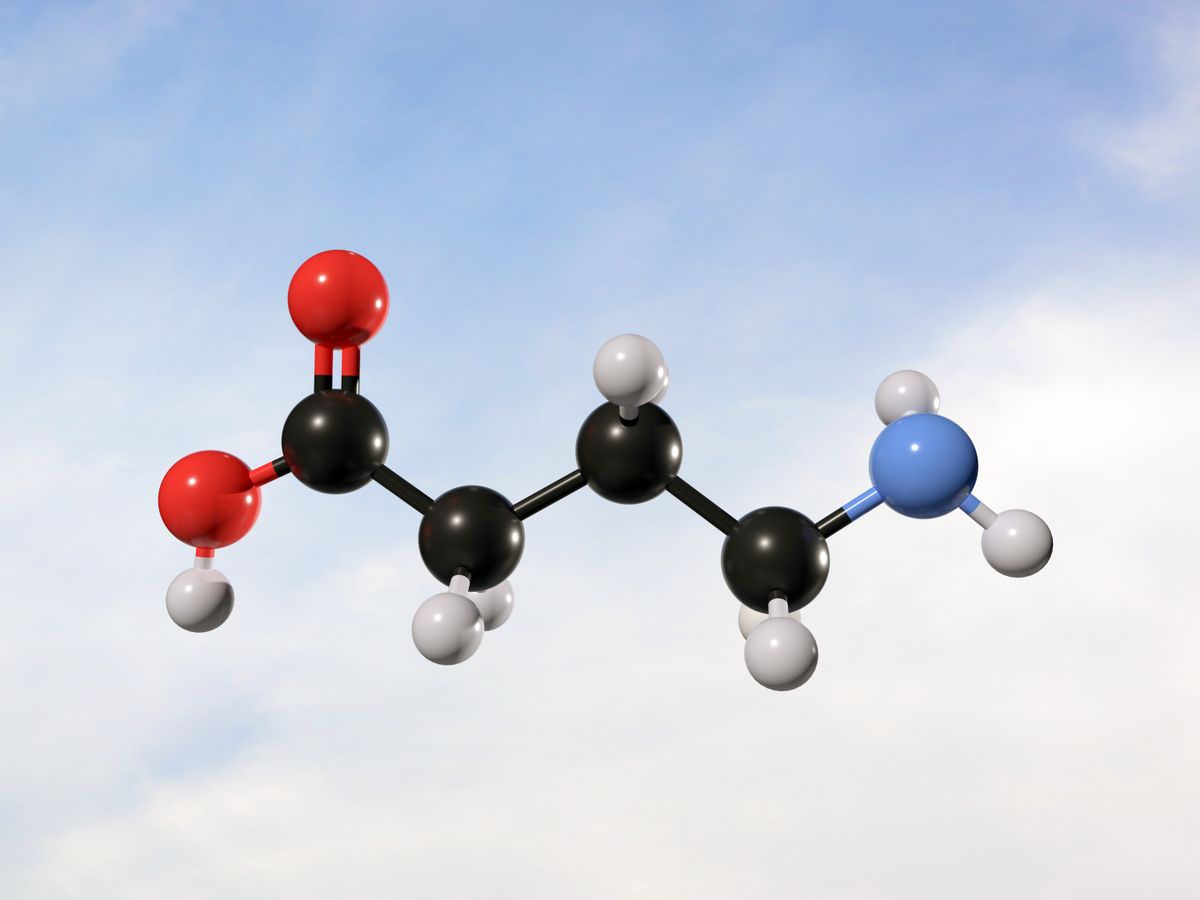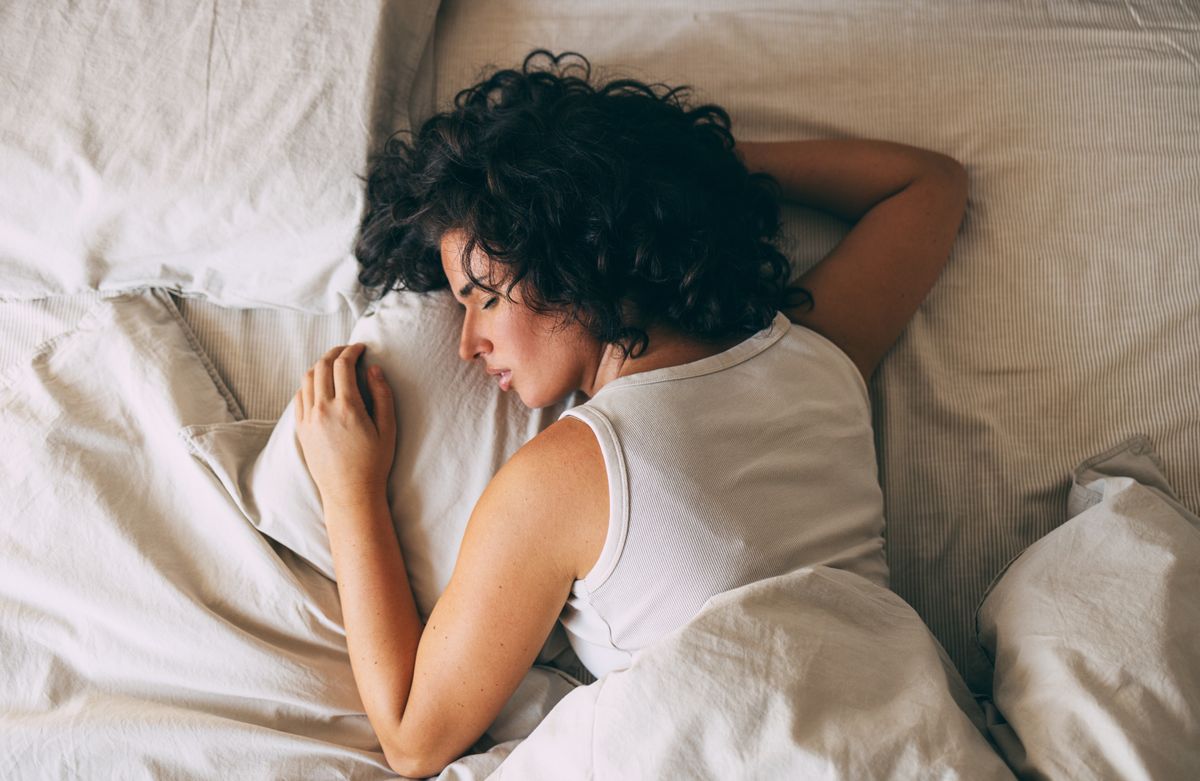If you’ve ever gone through a stretch of not sleeping well, you know how miserable it can be. Over-the-counter or prescription sleep aids can be an easy solution, but many come with side effects, especially with long-term use. With anxiety, stress, and insomnia affecting millions, people are looking to natural solutions, like what’s already in the brain.
What is GABA?
GABA (gamma-aminobutyric acid) is the main inhibitory neurotransmitter in the brain and helps slow things down, blocking certain signals in your central nervous system. It’s made in the brain from glutamate through an enzyme called glutamate decarboxylase and quiets down overactive nerve cells, which can ease feelings of stress, fear, and anxiety, according to the Cleveland Clinic.
Low levels of GABA have been found in people who suffer from anxiety, panic attacks, alcohol issues, mood disorders, and seizure disorders, per Amen Clinics.
How GABA helps with sleep
Because GABA slows brain activity, it makes it easier to drift off and stay asleep, supporting both REM and deep sleep, per Mental Health America. Low GABA levels have been linked to insomnia and shorter sleep duration, according to Healthline. The Sleep Foundation notes that some small studies found that taking 300 mg of oral GABA before bed helped people fall asleep faster.
Natural ways to support GABA
You don’t always need a supplement. Certain foods and habits are believed to help boost your GABA system.
You can boost your body’s GABA naturally with small diet and lifestyle shifts. Whole foods like green or black tea, berries, tomatoes, lentils, potatoes, wild fish, and grass-fed beef provide the building blocks, while vitamin B6-rich foods such as chicken, salmon, bananas, and spinach help your body make more.
Fermented foods like kimchi, miso, sauerkraut, and kefir, along with probiotics such as Lactobacillus rhamnosus and L. brevis, can support gut bacteria that produce GABA.
Mind-body practices like yoga and meditation also raise GABA levels and help manage stress. Plus, it can help address your daily stressors head-on and boost your overall mood.
What to know about GABA supplements
Over-the-counter GABA supplements usually range from 100–300 mg per day, but doctors sometimes recommend up to 500 mg twice daily. Some people say they fall asleep faster and sleep more deeply, but results aren’t consistent across studies.
Side effects are generally mild: headache, upset stomach, and drowsiness. But talk to your doctor first, especially if you’re on blood pressure or seizure medications.
Disclaimer: This is for general information only and not a substitute for medical advice. Always check with your healthcare provider before starting any new supplement.






